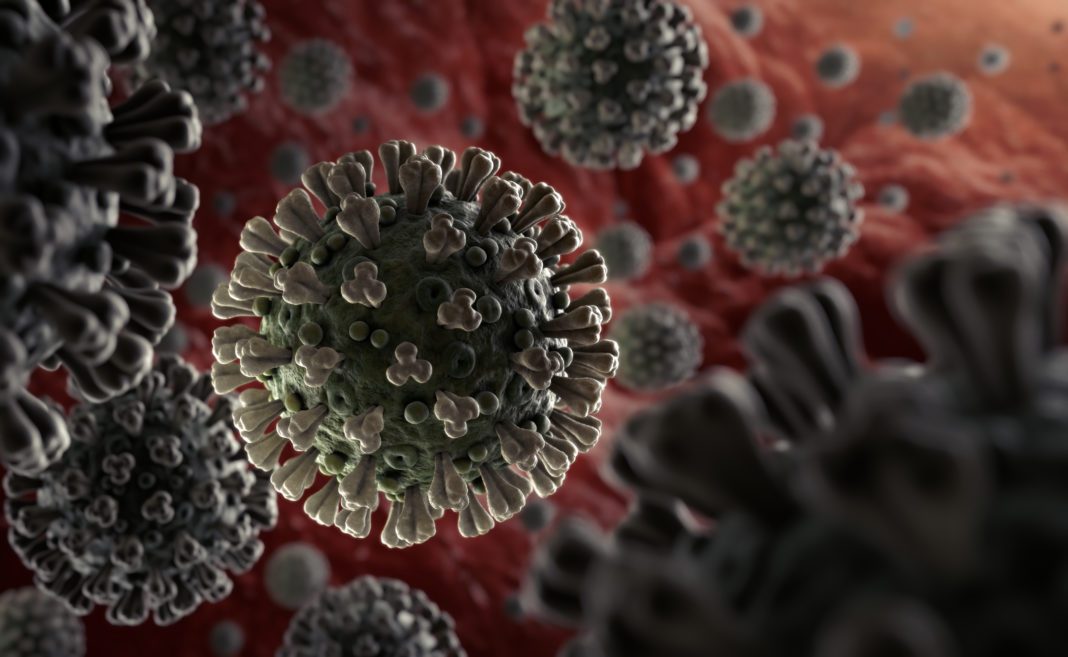The COVID-19 pandemic will forever change drug and vaccine manufacturing, says an expert, who argues an Industry 4.0 approach will be vital.
Efforts to develop a vaccine against the SARS-CoV-2 virus are accelerating. Some of the candidates are traditional-type vaccines such as inactivated and attenuated products. But the majority are more modern DNA, RNA, and protein sub-unit vaccines.
The large number of innovative candidates in the list reflects the urgency of the situation, notes Parviz A. Shamlou, PhD, executive director and head of the Jefferson Institute for Bioprocessing (JIB) at Thomas Jefferson University.
“Traditional vaccines made in eggs or those based on components collected from blood plasma are too slow and complex to manufacture,” he explains. “They are not vertically scalable and have inherent safety concerns. In contrast, advanced vaccines, including recombinant antigen, DNA, and mRNA-based vaccines are exceptionally safe and can respond rapidly and effectively to viruses that have high pandemic potential and high mortality rates,” Shamlou says.
Ongoing efforts to make pandemic vaccines will have a long-term effect on industry, according to Shamlou.
“The interest in advanced vaccines in particular will impact the growth of the biopharmaceutical industry post COVID-19 in way unimaginable only a year ago,” he tells GEN. “For one thing, the additional vaccine production capacity being set up will prompt developers to reassess products previously deemed too expensive to make. Advanced vaccines are manufactured using established bioprocess operations that have been previously tested extensively with other therapeutic modalities.
“These vaccines, however, are expensive and pre-COVID-19 could not compete with traditional vaccines. COVID-19, however, completely and forever changed the risk/cost/benefit balance of vaccines. Bioprocess scientists and engineers are now working around the clock to develop the next-generation biomanufacturing operations that can produce advanced vaccines cost effectively and in quantities needed to respond to future pandemics and outbreaks.”
Change, a continuous process
COVID-19 is not the only thing changing drug and vaccine production. New technologies and processing methods are starting to have an impact, Shamlou points out, citing continuous manufacturing as an example.
“The biomanufacturing industry has already embraced single-use technologies and is now moving towards continuous bioprocessing,” he says. “That will be a major milestone and can only be fully achieved through advanced process analytical technologies (PAT), automation, and control.”
In the future, the rate of change will speed up, predicts Shamlou, who says the Industry 4.0 paradigm is playing a role.
“Digital biomanufacturing, including artificial intelligence (AI), augmented reality (AR), and virtual reality (VR), is already starting to be implemented and has the potential to transform biomanufacturing,” he explains. “The value of Industry 4.0 for biomanufacturing is high, and its impact will be lower cost, higher productivity, and faster time-to-market for next generation therapeutics. These value propositions are important for any business, but for biomanufacturing, patient safety is the priority number. Digital biomanufacturing offers significant additional patient safety through advanced technologies that can be used to monitor every step of the manufacturing process in ways never done before.”


